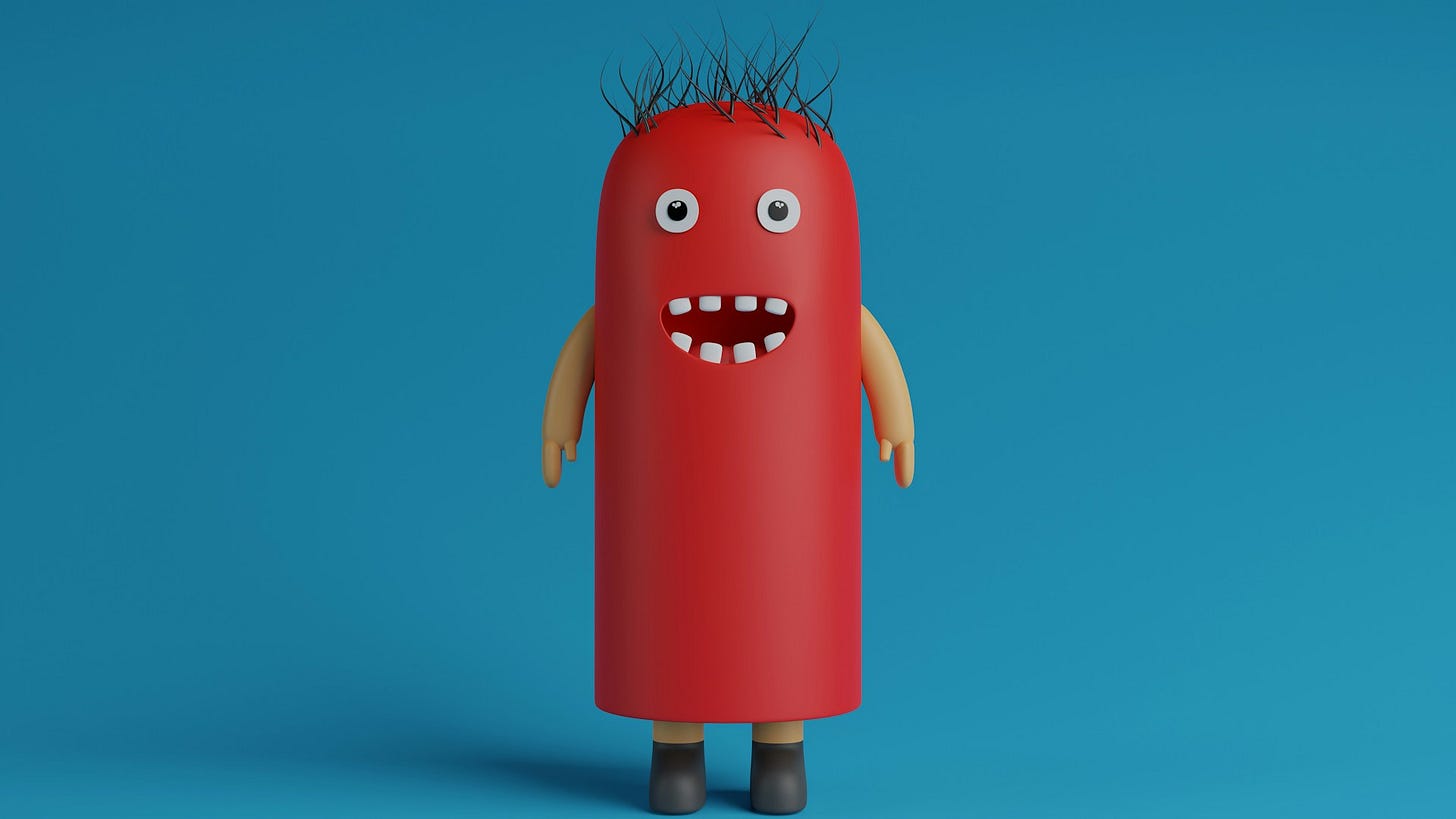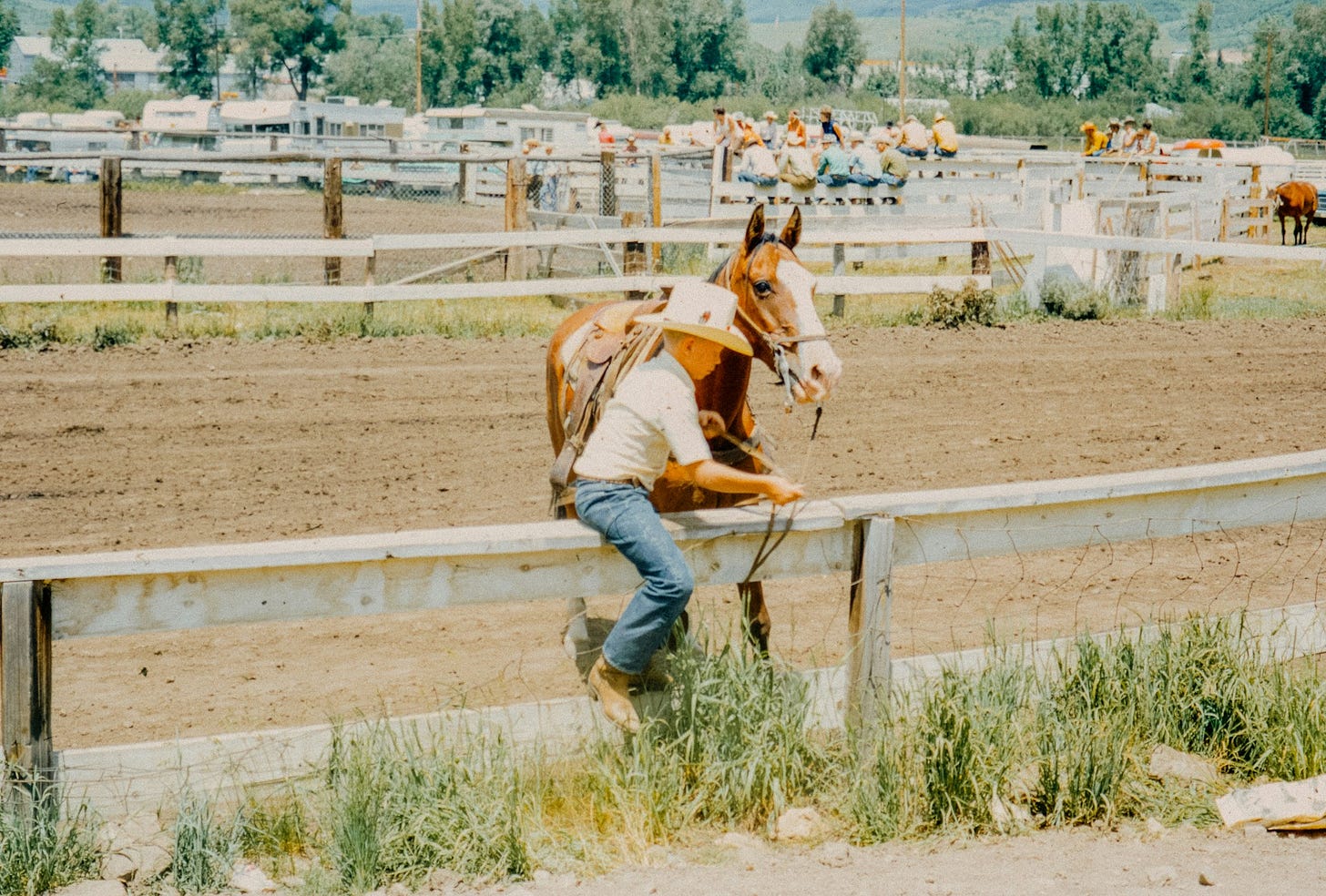making sense of writing and life
Some cool stuff to read on books, life, and PhD!
Dearest gentle reader,
Every once in a while, I put my head down and write the most boring things in the world. That seems like a good catharsis away from all PhD work. And today is one such.
Just some time ago, a little before starting to write this, I wrote an essay for my blog: “To Brush or Not to Brush Your Teeth”, a satirical take on how invested people are in the knowledge/myth surrounding the act of brushing their teeth in the mornings. Well, I have had enough of writing about teeth for the day.
I will instead put the rest of my energy into writing my newsletter. I now feel that I have a purpose for setting out to do this newsletter—that is, keeping in mind that I regularly blog.
I hope this newsletter serves two purposes:
I write this once every month, linking my other essays from the blog to this for readers to check out.
I hope to keep this as a cathartic process to keep making sense of my own PhD—the travels and travails of it.

Recap of my PhD:
I’m writing a thesis on how emotions play a role in nationalist movements across colonised societies. I’ve already completed a year into my PhD and, in the process, have written bits and pieces of my chapters. For these last few months, I have been trying to read and write about emotions—in terms of how they are understood and studied in social sciences. I will keep working on this task for another month or so. So, wish me luck :)
Meanwhile, I have watched enough movies for the month. I went out with a friend to see ‘The Conclave’ at the theatre recently. Even though I write reviews of the things I watch, I haven’t been able to do so for this one. I hope I do that sometime soon. Besides that, I have watched a few more movies on Netflix and Prime.
In some sense, half the time, I watch movies; the other half, I keep writing. There is barely anything in between for me. From morning to evening, I read books and stuff related to my PhD and others, and in the evening, I watch movies. This has been a case for me for a long time now. And I cannot even remember when exactly I started doing this. PhD students: do you do this, too? Or is this just too weird?

Recap on the essays I wrote recently:
ON TRAFFIC SIGNALS
At the start of January, I wrote an essay: “Traffic Signal is a Cultural Artefact”, in which I discuss how traffic signals can help sustain and structure social lives.
Initially, I wrote this essay to be submitted to Griffith Review, but I was just too lazy to send them an email and too enticed to publish it on my blog. The opening of this article is as follows:
It may seem odd to propose traffic signals can tell us so much about our culture. But, in reality, traffic signals are the gateway to one’s culture. In traffic signals, the young and the elderly alike cross paths—huddling through, juggling between, and striding forth—zebra crossing, meeting strangers, falling in love, reeling through heartbreaks, sobbing every now and then, laughing with (and at) one another, sipping coffee, and slurping bubble tea.
Traffic signals halt our movement and absorb us into the world for a moment. Just as we wait for signals to start blinking, we feel, observe, smell, rationalise, envy, smile, and smirk all at once or in intervals. Encounters with traffic signals open us to the embrace of social beings all in relation to one another but also oblivious to each other’s worlds simultaneously. Traffic signals, for that moment, become a space for thriving social engagement.
If you liked reading this, check out the full article here!
ON THE DEEPSEEK
Sometime in between, with all the frenzy about DeepSeek, I thought I would give it a try. I asked all uncomfortable questions about China. And just as I thought, DeepSeek, for all its innovative bravado, failed to respond to the most basic question that seemed to go against the Communist Party in China. It was a fun exercise, nonetheless.
When Sam Altman’s OpenAI released ChatGPT, I was clearly amazed. ChatGPT did most of everything that Google did before it, calculators did before Google, and humans did before calculators. In the last twenty years, the internet has just gone crazy. Everything—almost everything—was now at the grasp of AI.
ChatGPT told better stories, wrote better essays, explained better scientific nuances, solved better complex maths, and wrote better codes than humans. This was revolutionary but lucrative. It costs large sums—in billions. It needed large chunks of the most expensive and advanced chips (geopolitically, this would have meant Chip Wars).
In the past week, something had suddenly changed. And the world was astonished. The stock markets crashed quickly (and then recovered the next day!).
This is a short excerpt from the article I wrote on DeepSeek, but if you would like to read this essay, click here.
ON HENRY BERGSON
In the last few weeks, I read a new book that was making rounds: Herald of a Restless World: How Henri Bergson Brought Philosophy to People by Emily Herring. This book presents a phenomenal narration of the life and times of Henri Bergson. It just was such an easy read that I didn’t have to put lots of effort into it. I will just add a short snippet to it:
I had only come across Henri Bergson recently—a friend had fleetingly mentioned that his text on memory was difficult to grasp, perhaps.
Thanks to Emily Herring, I now know that Bergson was once the most famous philosopher in the world. His popularity peaked at the height of the start of the 20th century. It had once caused a traffic jam on Broadway Street. People flocked in numbers across all sections to listen to him. Women mainly. The New York Times would go on to write heaps of praises for this philosopher. So did other newspapers and periodicals. Within the philosophical circles, Creative Evolution, Bergson’s 1907 book (translated to English in 1911), was compared to the likes of Immanuel Kant’s Critique.
But, just as quickly as his popularity soared, it faded in no time. And by the start of the Second World War, barely anyone spoke of Bergson. There was no taker for Bergson’s philosophy. He was resented by the Left and was admonished by the Right. His staunchest critiques called him a poet who need not be taken seriously. Bertrand Russell took it upon himself to uproot whatever Bergson was left in Western tradition. And to one’s dismay or delight (this depends, honestly!), Bergson would go on to win a Nobel Prize in Literature.
What happened?
To know what happened, you might as well pick up the book and read it. To check it out, here is a link to the Amazon page.
Well, if you still aren’t sure, then here is a link to my complete review of Herring’s book.
ON BRUSHING YOUR TEETH
I have already given you a sense of what I was doing earlier in the day: reading through Reddit posts, getting opinions on brushing one’s teeth in the mornings and writing up a satirical essay for my blog. And so much have I already written and read about brushing my teeth that my head begins to ache with just the thought of using other brushing teeth in my essay. Well, here you go. It has started now!
A great many battles have been fought in the world over the years—and nothing comes nearly close to the one where thousands of Redditors come head-on against one another every year. And then, the following year. And so on. With each individual penning hundreds of words in anticipation of another thousand words in response, these battles are difficult to fathom.
The climate change hoaxers come nowhere close. Flat earthers—they are no competition. Ukraine war fades in the background. And even Elon Musk and Donald Trump—and their DOGE bros—haven’t been made aware of their competition.
Each year, as the ritual goes, a quirky Redditor posts a r/unpopularopinion, and a hundred thousand likes and comments follow. Much as the name of the subreddit on which it is usually posted, the opinions are both unpopular and polarising, to say the least. War of words, they call it—and everything over ‘brushing teeth’. No kidding. Everything over brushing their teeth.
Brushing teeth, it seems, is a highly polarising act—both in terms of how it is conducted and what tools such activity entails.
To read this satirical essay on brushing teeth and the debates that surround it, check it out here.
This is all for now, and I hope to see you soon again. Share it with those who you think may like it—and are doing things like a PhD.
With my sincere regards,
Adarsh



